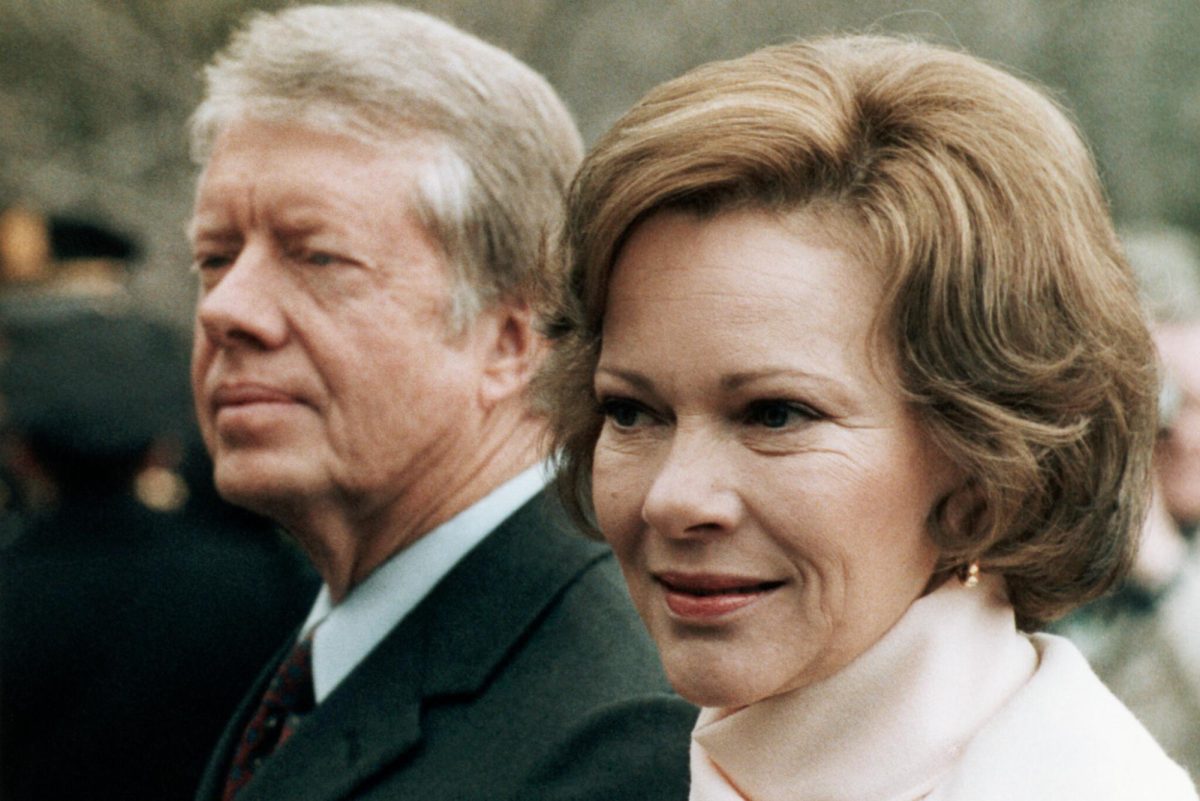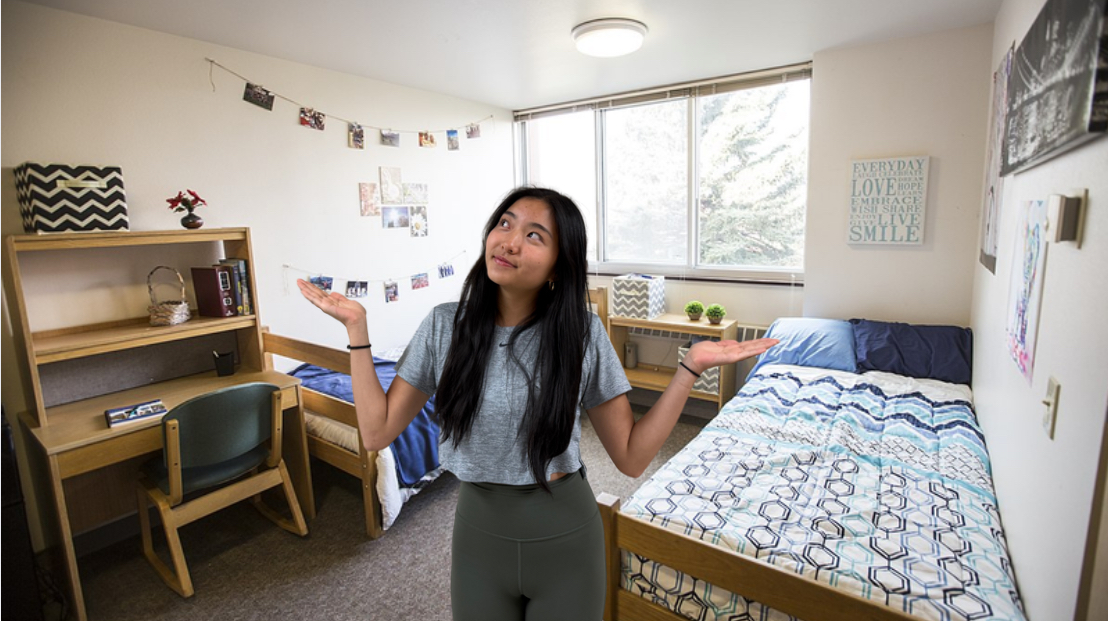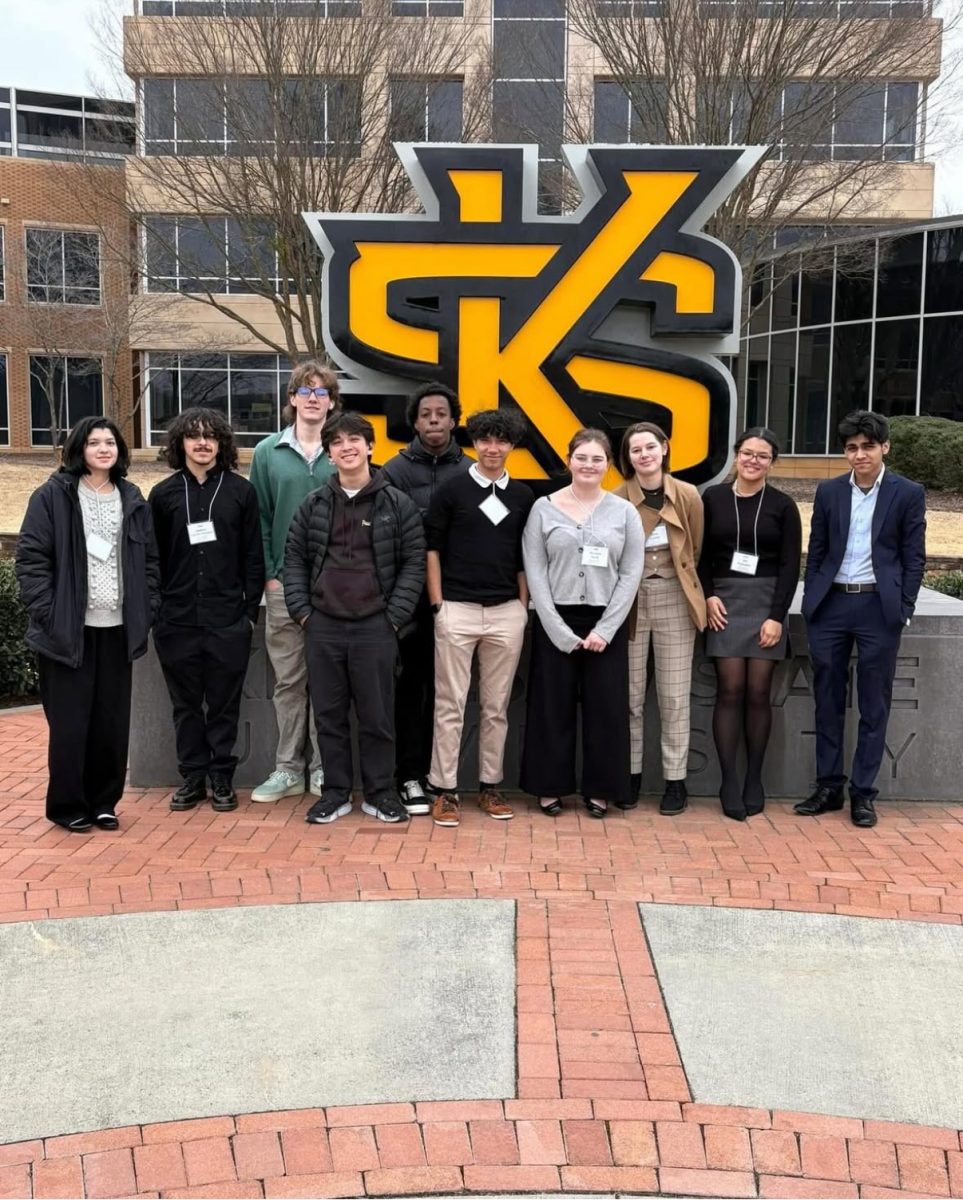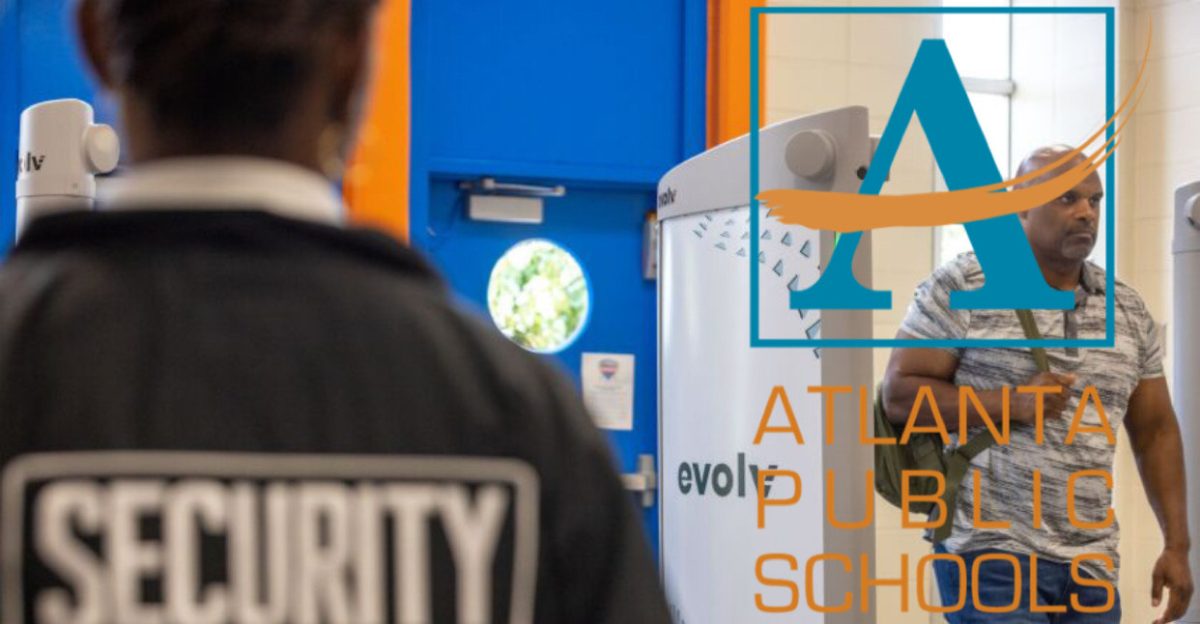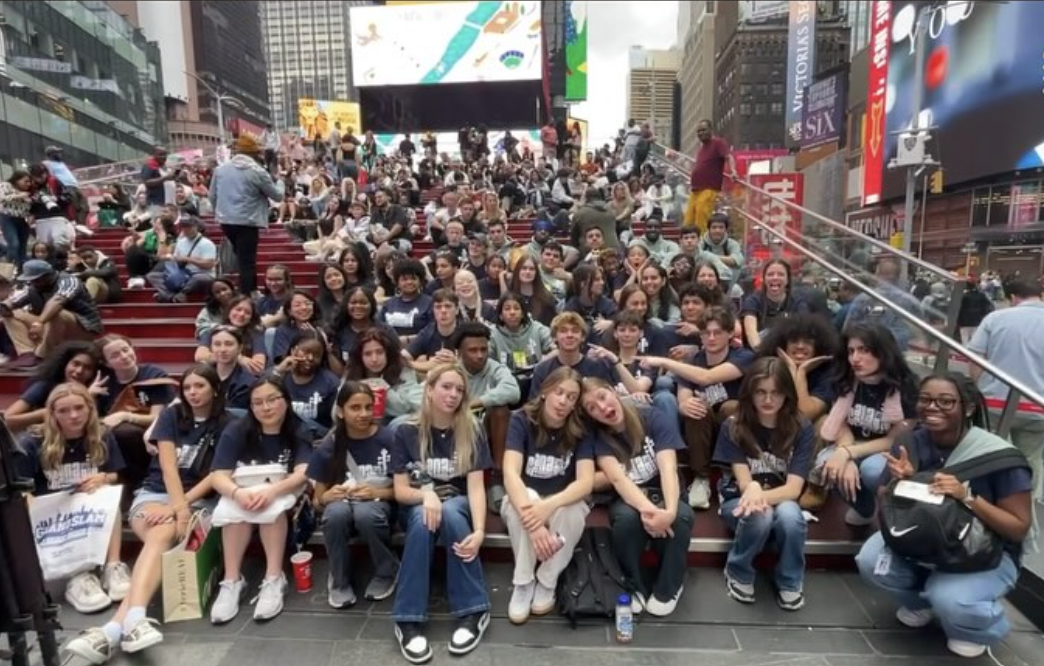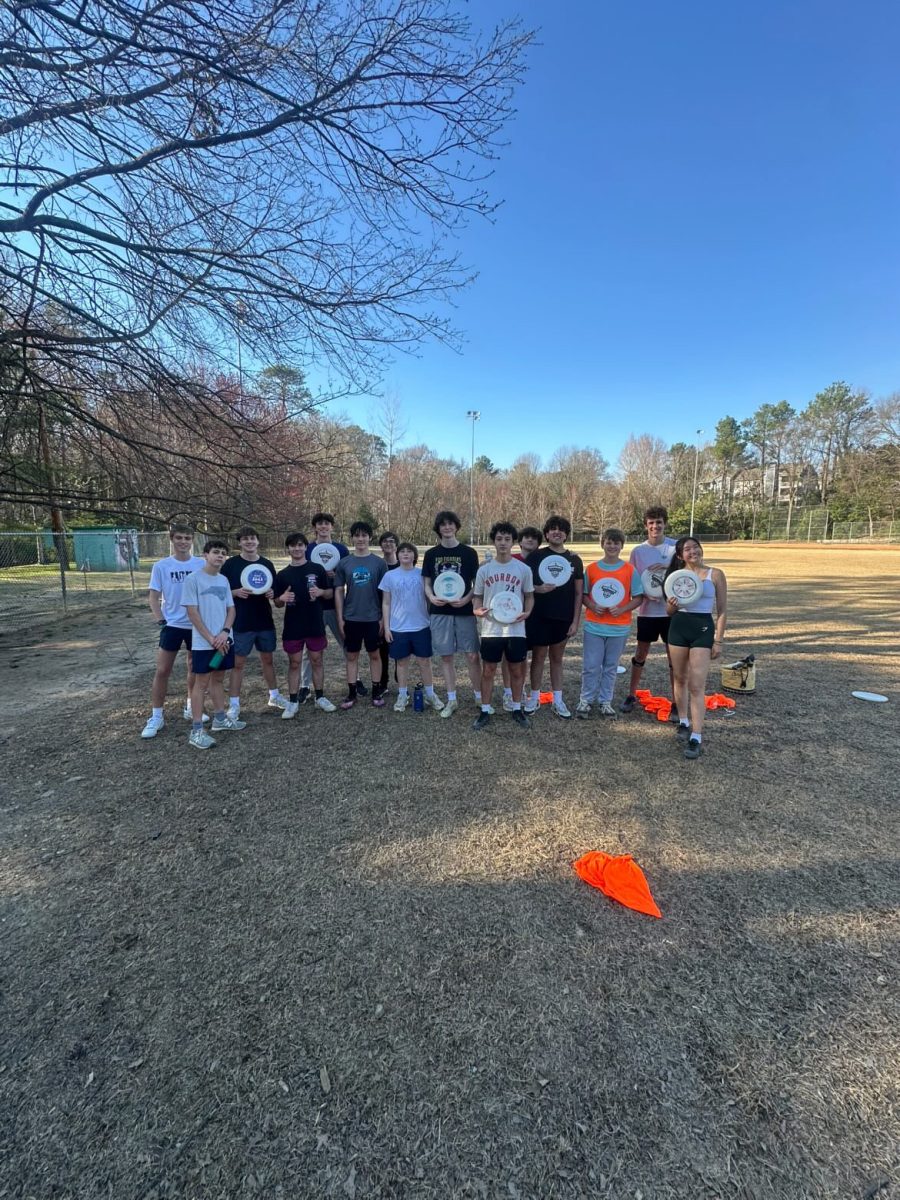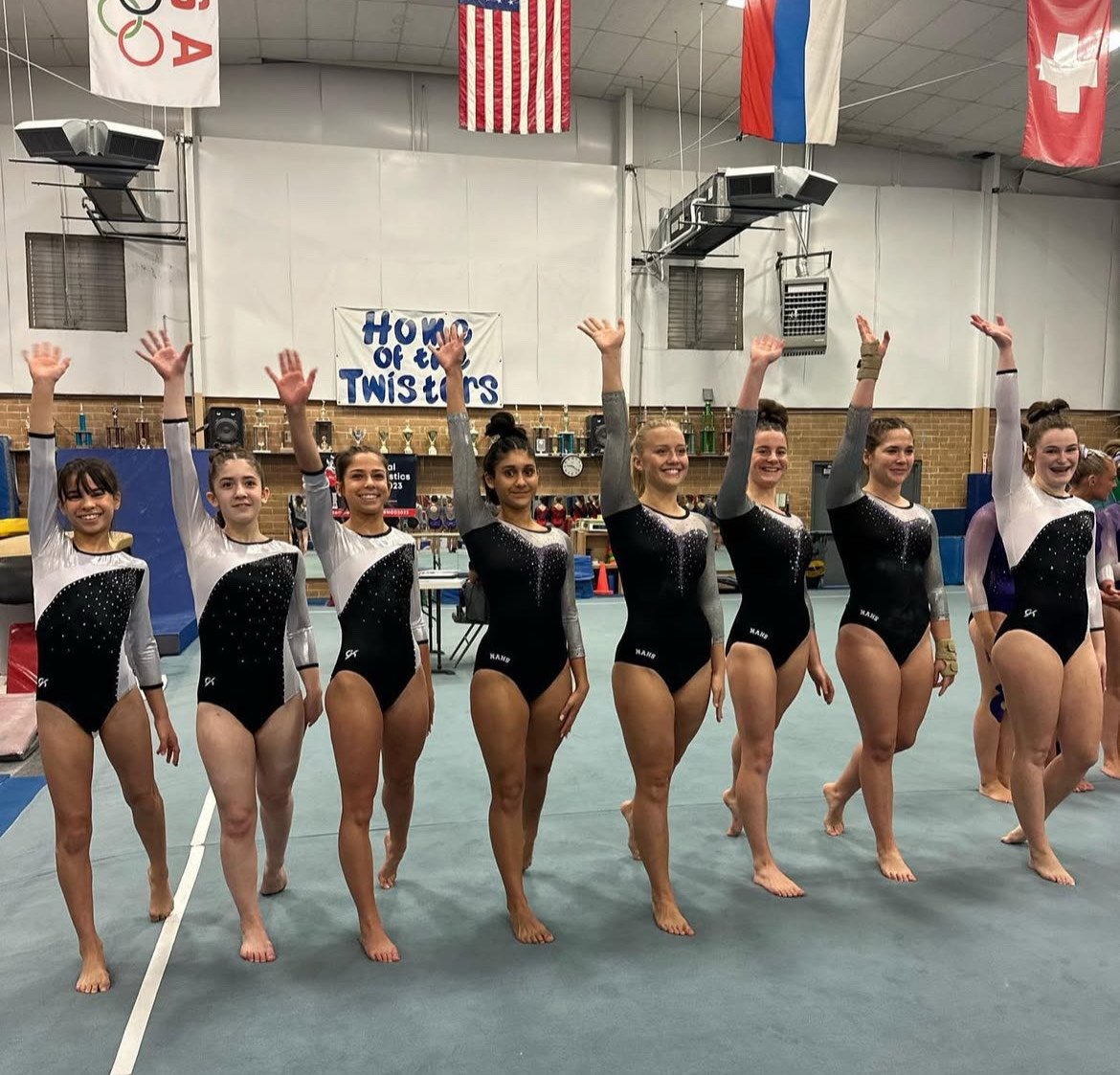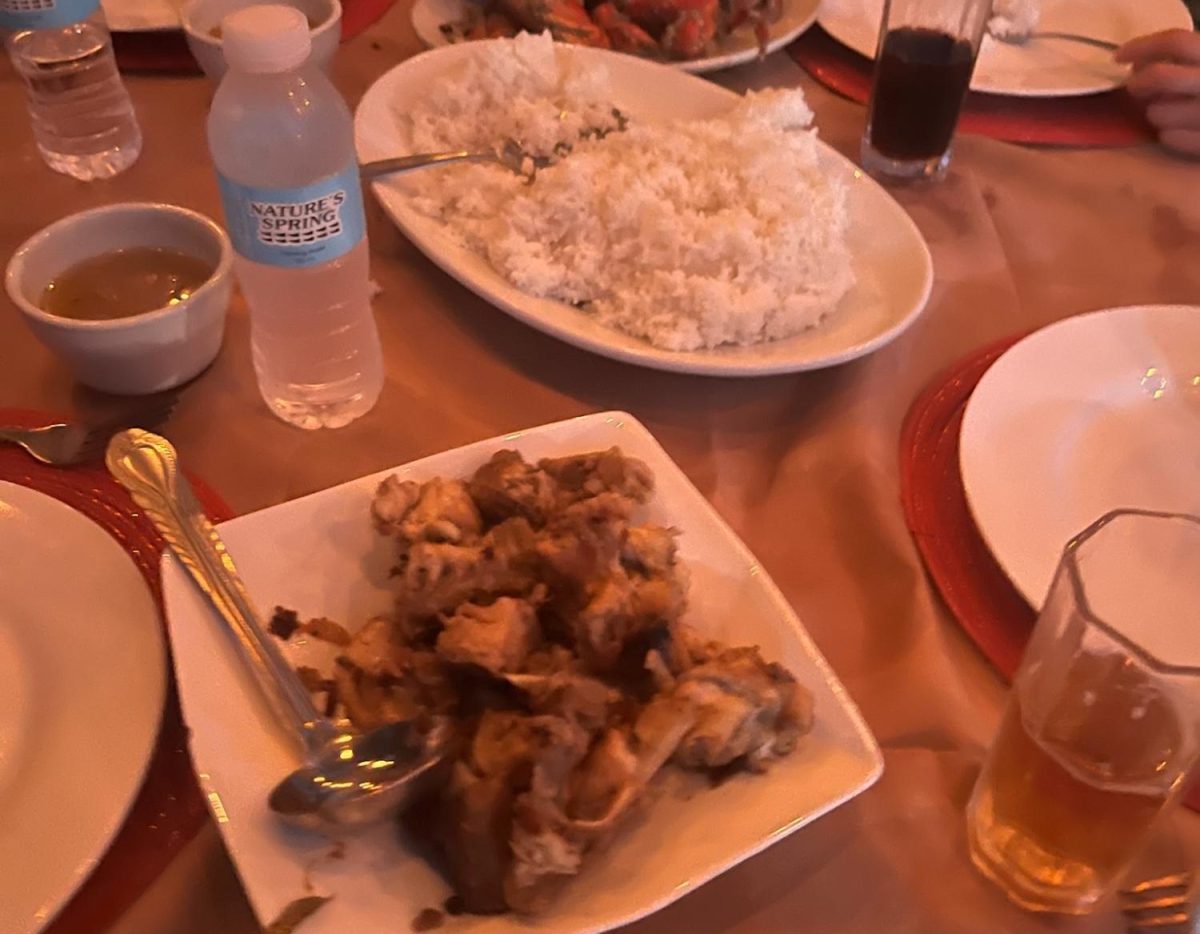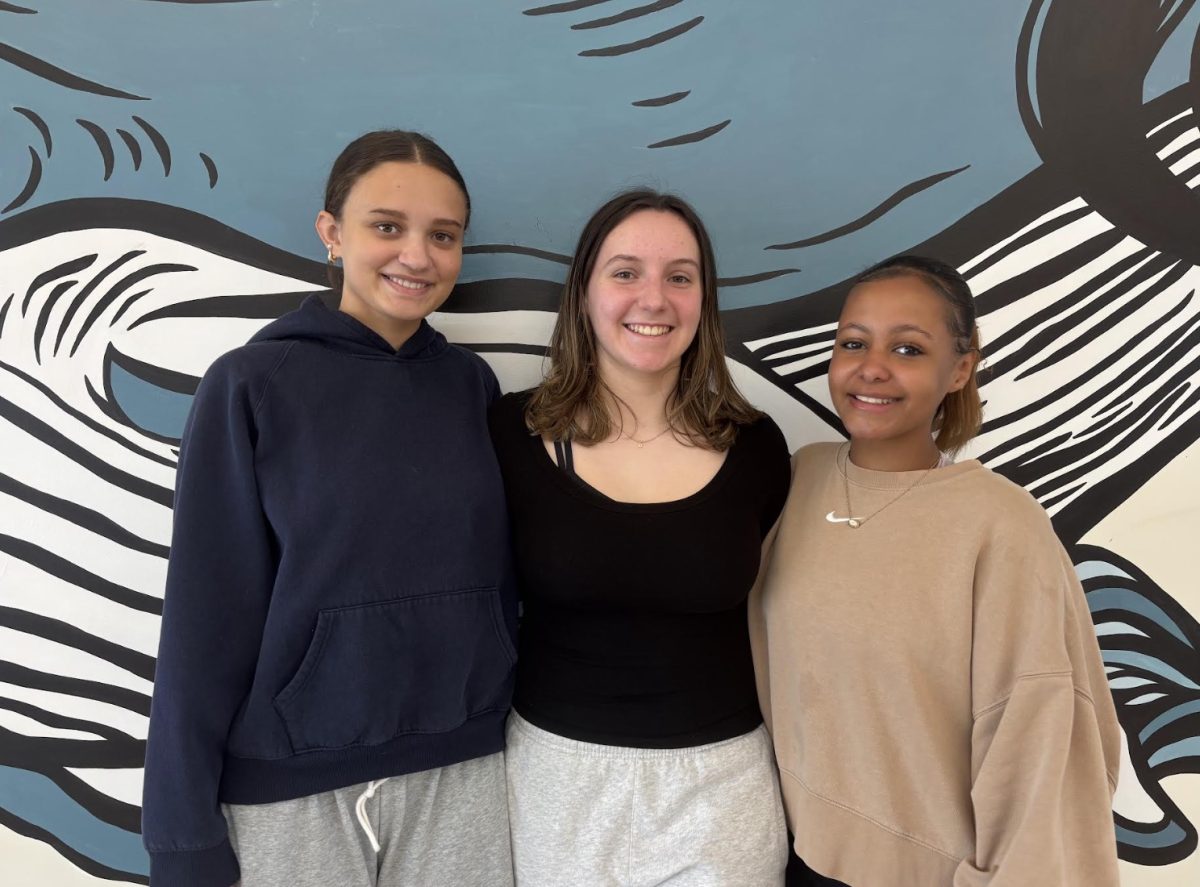On November 19th, the world bid a final farewell to former first lady and lifelong mental health advocate Rosalynn Carter. She peacefully passed away in her home in Plains, Georgia. While her physical presence may be gone, the indelible mark she left on the landscape of mental health advocacy and compassionate leadership will persist for generations.
Carter’s journey began in the quaint town of Plains, Georgia, where she met her lifelong partner and husband, Jimmy Carter, at a mere three days old. Born into a modest family, she learned early on the values of hard work and empathy. Dr. John B. Hardman, president and CEO of the Carter Center from 1992 to 2014, describes Carter as caring, selfless, and extremely kind. “She was very down to earth and interested in other people,” said Hardman. “She worked all around the world trying to improve others’ lives.”
Carter graduated as valedictorian of Plains High School and then went on to attend Georgia Southwestern College. Rosalynn and Jimmy Carter grew up together and were married on July 7, 1946. Together, they embarked on a journey that would see them tilling the fields of politics and planting seeds of change. They had their first child, John William “Jack” Carter, on July 3, 1947. Jimmy Carter was elected president of the United States in 1976, and Mrs. Carter became first lady. Being the first first lady besides Eleanor Roosevelt to work on specific projects, she set a precedent for future first ladies. “She had an office in the East Wing of the White House, the first first lady to have a specific office there,” said Hardman.
Through the good and bad times, President and Mrs. Carter were there for each other, providing unwavering support and love. Married 77 years, their marriage remains the longest presidential marriage. She showed compassion and empathy for everyone around her and was very down to earth. “We were on a family trip on a flight on Delta and were all sitting in the back of the plane together when we looked over, and my grandmother took out this Tupperware of pimento cheese and this loaf of bread and started making sandwiches,” said Jason Carter, Carter’s grandson, in his grandmother’s eulogy. “She gave them to all of us grandkids, and then she just started giving them to everyone on the plane.”
While Carter worked on a variety of projects, her most well known focused on mental health. Carter established a symposium bringing a variety of mental health professionals together once a year, and that continued even after she was unable to attend herself and will continue beyond her death. Because of her ability to convene a multitude of mental health activists with different backgrounds, people would listen to her, and her ability to create understanding and connection between groups that were typically at odds. However, her accomplishments in the field of mental health did not come without challenges. She faced all the challenges that women faced at the time in terms of not being valued and being remunerated at the same level that men were being paid. “After recognizing challenges, she would immediately look at ways that she could address them and move forward with what she wanted to accomplish,” said Hardman.
As Mrs. Carter grew older, she was interested in making sure that her balance remained strong so she started taking Tai Chi lessons. She practiced Tai Chi every day and would invite staff to join her in some of these lessons. She wanted to share something that she thought everyone should know but also something that she enjoyed. “On one of our trips to China, we were flying from Beijing down to an island just off the coast of China, and Mrs. Carter was talking to two of the Chinese women on the plane with us and found out that they did not know Tai Chi,” said Hardman. “After realizing this, she moved to the aisle of the plane and instructed the women on all the different moves for Tai Chi.”
As we reflect on the life of Rosalynn Carter, we honor a woman whose kindness, resilience, and commitment to mental health advocacy have left an indelible mark on history. Her legacy serves as a beacon, inspiring future leaders to navigate challenges with empathy, determination, and an unwavering dedication to the well-being of others.


